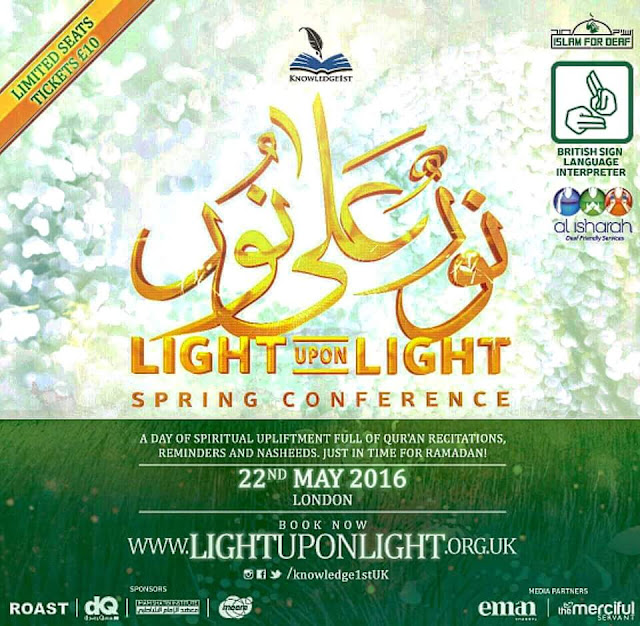 |
| Birmingham Koran May Have Belonged to Prophet Muhammad’s Friend Abu Bakr |
Experts say this could be “the most important discovery ever for the Muslim world” as the Birmingham Koran (or Koran) had been lost for more than a century.
According to the BBC, the Birmingham Koran was once stored at the Mosque of Amr ibn al-As in Fustat, in Egypt and it is at least 1,370 years old.
Historian François Deroche who has studied the U.K.’s discovered Koran, is confident that the manuscript is an “exact match” of the one held at the National Library of France in Paris.
The manuscript is thought to have arrived in Birmingham after some folios were resold in the antiquities market and bought by the Assyrian Alphonse Mingana who brought them to the U.K. in the 1920s.
Radiocarbon testing of the manuscript conducted in July suggests this could be a portion of the oldest copy of the Koran in the world, written between 568 and 645 A.D., which places it 13 years after the death of Prophet Muhammad in 632 A.D.
Jamal bin Huwareib, Director of UAE’s Mohammed bin Rashid Al Maktoum Foundation for Islamic studies said the Birmingham Koran could have been commissioned by Abu Bakr, one of Prophet Muhammad’s friends.
“I believe this is the Koran of Abu Bakr,” Huwareib told BBC News.
“This version, this collection, this manuscript is the root of Islam, it’s the root of the Koran…This will be a revolution in studying Islam,” he added.
In contrast, other experts are not so sure the Birmingham Koran was written by the first caliph Abu Bakr, based on analysis of the style of the text itself.
David Thomas, Birmingham University’s professor of Christianity and Islam and Mustafa Shah, from the School of Oriental and African Studies in London, placed the found manuscript at a later date, between 644 and 656, under the rule of the caliph Uthman.
Yet, the Oxford University’s Radiocarbon Accelerator Unit, which dated the folio, is 95 percent confident of the dates revealed in their study.
Huwaireb believes this is a “priceless manuscript” and the fact that it was found in the U.K. and not in a Muslim-majority country sends a message of “mutual tolerance” among religions.
“We need to respect each other, work together, we don’t need conflict,” he stressed, according to the same source.
Source: Morocco World News
Advertisement Banner

No comments:
Post a Comment